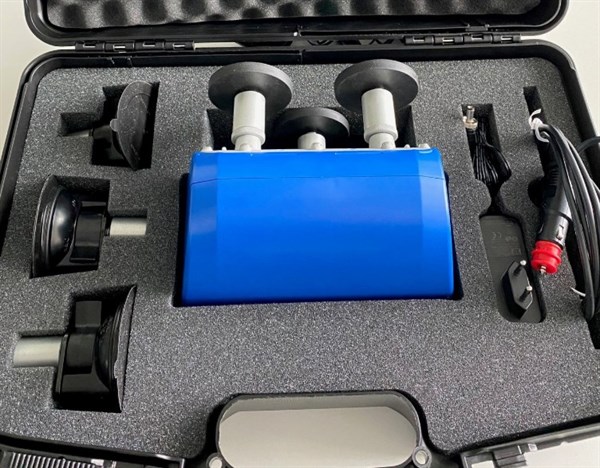
France is taking a new step in modernizing its roadside checkpoints. By the end of 2025, all 12 Regional Directorates for the Environment, Planning, and Housing (DREAL) will be equipped with DSRC (Dedicated Short Range Communications) devices, a technology that can remotely detect anomalies related to tachographs on transport vehicles.
This technological shift is part of the amended European Directive 165/2014, which requires Member States to equip their enforcement agencies with tools capable of communicating remotely with smart tachographs. These devices, mandatory on new vehicles since June 2019, continuously record data such as speed, driving and rest times, and driver card insertion.
Contrary to popular belief, DSRC is not used to automatically fine drivers. Rather, it identifies warning signs—such as driving without a card or prolonged power outages—that warrant a thorough check. In short, it acts as a smart filter, preventing officers from systematically stopping every vehicle on the road.
The deployment of these DSRC cases has been entrusted to Aumovio, a new independent entity resulting from the spin-off of Continental Automotive. With its expertise in on-board electronics and connected mobility solutions, Aumovio aims to become a major player in software-defined vehicles and autonomous driving. It forecasts annual growth of 4.7% in these segments through 2029.
Initial feedback, particularly in Belgium where the technology is already in place, is promising. During a joint operation between several European countries, 128 vehicles were stopped using DSRC detection, revealing 163 violations and generating more than €72,000 in fines. This type of targeted inspection not only saves time, but also improves fairness between carriers by reducing fraud.
For transport professionals, this development requires increased rigor in the use of tachographs and compliance with procedures. Training must now incorporate these new requirements, otherwise companies risk facing heavy penalties, particularly in the event of very serious offenses (ITG) recorded in the ERRU register.
In short, the widespread adoption of DSRC suitcases in the DREALs marks a turning point towards smarter, faster, and fairer road enforcement. It also illustrates the rise of embedded technologies in road transport regulation, serving safer and more transparent mobility.